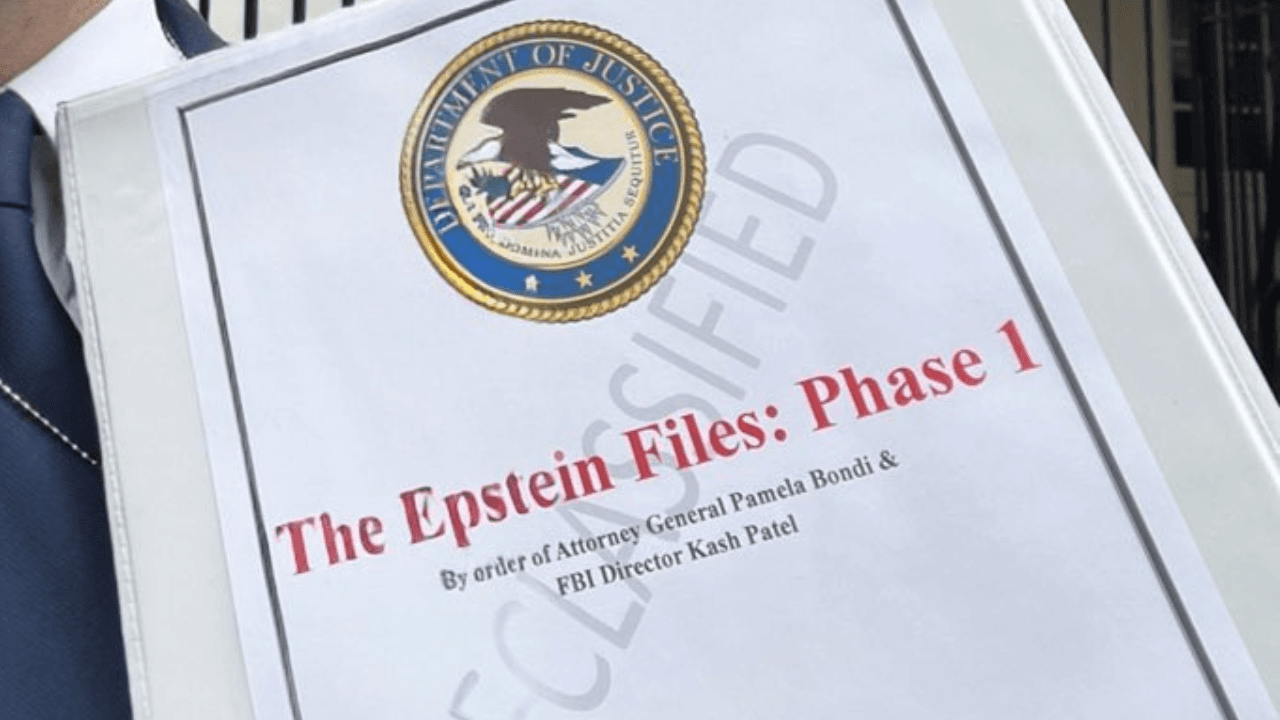Congress Demands Epstein Files Release, White House Calls Distraction
A recent trove of Epstein documents has prompted bipartisan calls in Congress for full public release, while the White House has dismissed the matter as a "distraction." NPR's Up First examined this controversy alongside rising immigration patrol activity in Charlotte and the mounting economic costs of a government shutdown, issues that together highlight fraying public trust and governance challenges at multiple levels.
Listen to Article
Click play to generate audio

The disclosure of a sizable cache of documents related to Jeffrey Epstein has reopened a politically combustible chapter for Washington, drawing demands for transparency from lawmakers on both sides of the aisle even as the White House sought to minimize the political fallout. The administration characterized the release as a "distraction," but the eruption of congressional pressure underscores how revelations tied to high profile criminal cases can become sustained levers in partisan and institutional contests.
The push for full disclosure reflects broader anxieties about accountability in powerful networks, and about how sealed or redacted materials are managed when public curiosity collides with legal constraints. Lawmakers calling for the unredacted files are framing the issue as a test of whether institutions will err on the side of disclosure or on the protection of third party privacy and ongoing probes. Legal counsel and court clerks are likely to be central in any next steps, as judges weigh claims about confidentiality, potential harm to investigations, and the public interest in transparency.
This episode arrives amid other flash points that reveal tensions across the American political landscape. In Charlotte, North Carolina, what NPR described as increased immigration patrol activity is feeding debates over the proper role of local authorities in enforcing federal immigration laws. The Charlotte situation illustrates a larger pattern where municipalities navigate conflicting pressures from federal directives, state politics, and community advocates. For immigrant communities the presence of patrols raises urgent questions about civil liberties, access to services and the relationship between local police and federal immigration agencies.
Municipal leaders are confronting a balancing act that carries consequences beyond local borders. Cities seen as cooperating extensively with federal immigration enforcement can become focal points for national political messaging, while those emphasizing sanctuary policies may face legal and financial countermeasures. The dynamic in Charlotte will matter to policymakers in other jurisdictions watching for legal precedent and for signals about federal tolerance for local enforcement initiatives.
Compounding these governance strains is the economic fallout from the current federal shutdown. NPR highlighted the immediate and ripple effects that accompany a government funding lapse, including furloughed workers, stalled federal permits that affect private projects, and delays in services that ripple through supply chains. Even short term lapses can erode business confidence, slow economic activity, and raise borrowing costs by injecting uncertainty into markets. International partners and foreign investors monitor these disruptions closely, seeing them as indicators of political stability and institutional reliability.
Taken together, the Epstein file controversy, local immigration patrols in Charlotte, and the economic consequences of a shutdown are symptomatic of a broader stress test of American institutions. Each issue forces choices about transparency, rule of law and the allocation of authority between local, state and federal levels. How those choices are resolved will shape domestic cohesion and influence perceptions of the United States abroad, where allied governments and global markets are attentive to the signals Washington sends about governance and accountability.
This coverage is drawn from NPR's Up First, produced by Ziad Buchh, Nia Dumas and Lindsay Totty, with Jay Shaylor as executive producer.


